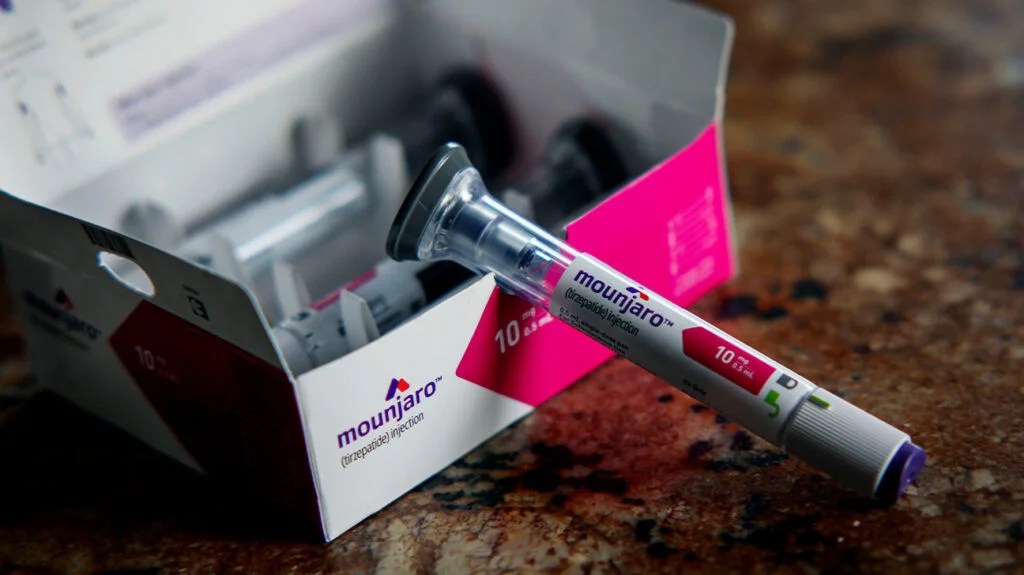
Tirzepatide: A New Option for Diabetes Control
Tirzepatide is an injectable medication that has emerged as a promising option for the treatment of type 2 diabetes. It belongs to a class of medications known as glucagon-like peptide-1 (GLP-1) and glucagon-like peptide-1 (GLP-1) receptor agonists.
How does tirzepatide work?
Tirzepatide works by mimicking two natural hormones in the body: GLP-1 and glucagon-like peptide. These hormones play a crucial role in regulating blood sugar. By activating receptors for these hormones, Tirzepatide helps to:
- Reduce appetite: By increasing feelings of fullness, tirzepatide may help you eat less and lose weight.
- Slowing gastric emptying: This means that food stays in the stomach longer, which helps control blood sugar levels.
- Increase insulin production: Tirzepatide stimulates the pancreas to produce more insulin when the body needs it.
- Reduce glucose production in the liver: Helps reduce the amount of glucose released by the liver, which helps maintain stable blood sugar levels.
Benefits of tirzepatide
- Better glycemic control: Helps reduce fasting and post-meal blood sugar levels.
- Significant weight loss: Many patients experience substantial weight loss when taking tirzepatide.
- Reducing the risk of complications: By improving glucose control, tirzepatide may help reduce the risk of long-term complications of diabetes, such as heart disease, nerve damage, and kidney problems.
How is tirzepatide administered?
Tirzepatide is given by subcutaneous injection once a week. Most people inject the medication into their abdomen, thigh, or upper arm.
Common side effects
The most common side effects of tirzepatide include nausea, vomiting, diarrhea, constipation, and stomach pain. These side effects are usually mild and temporary.
Who can take tirzepatide?
Tirzepatide is indicated for adults with type 2 diabetes who cannot control their blood sugar adequately with diet, exercise, and other oral diabetes medications.
Important: This information is for educational purposes only and should not replace the advice of a health care professional. Always consult your doctor before starting any new treatment.
